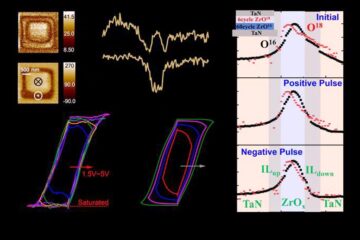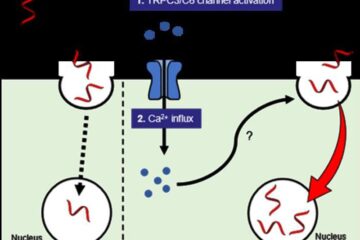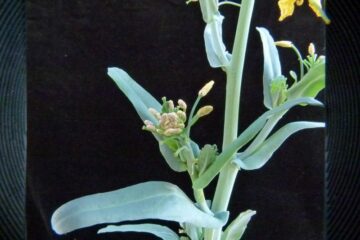New method for associating genetic variation with crop traits

The technique, published in the journal Nature Biotechnology, links important agronomic traits in crop plants with active regions of the genome. Instead of requiring knowledge of the crop's complete genome, it identifies only expressed genes.
“For many crop plants, markers are still lacking because of the complexity of some plants' genomes and the very high costs involved,” said Professor Ian Bancroft, who led the study at the John Innes Centre. “We have succeeded in developing markers based on the sequences of expressed genes, widening the possibilities for accelerated breeding through marker assisted selection.”
Expressed genes are converted from genomic DNA to mRNA. Working with mRNA means that there is no need to generate a complete genome sequence from DNA, making the techniques applicable to a wide range of crops, even those with complex genomes, such as oilseed rape and wheat. It also enables the development of advanced marker resources for less studied crops that are important for developing countries or have specific medicinal or industrial properties.
The research was funded by the Biotechnology and Biological Sciences Research Council (BBSRC) and the UK Department for Environment, Food and Rural Affairs (Defra).
Peter Werner of plant breeding company KWS UK Ltd and part of the research team said “KWS UK has been delighted to be involved with this ground breaking developmental research. We will be increasingly using this approach to further improve the speed and reliability of our breeding towards the continued improvement of yield and quality of our new varieties produced within the KWS group.”
In partnership with the Cambridge-based bioinformatics company Eagle Genomics Ltd, the technology, called TraitTag, is being offered as a service to plant breeders. Markers associated with measured trait variation can be identified in essentially any crop species, including traits controlled at the level of gene expression variation rather than gene sequence variation, such as those with an epigenetic basis.
In an example of such an application, the researchers are now working with plant breeding company Limagrain to produce reliable markers for hybrid performance in oilseed rape. Marker-assisted breeding for this complex trait has previously been unsuccessful due to a lack of available markers and appropriate technology.
Using bioinformatics techniques it is possible to associate variation in both the sequences of expressed genes and their relative abundance in the mRNA with important traits, and then produce markers for these traits that breeders can use in their breeding programmes. Their research was published in the journal Nature Biotechnology and was funded by the Biotechnology and Biological Sciences Research Council (BBSRC) and the UK Department for Environment, Food and Rural Affairs (Defra).
Media Contact
More Information:
http://www.nbi.ac.ukAll latest news from the category: Life Sciences and Chemistry
Articles and reports from the Life Sciences and chemistry area deal with applied and basic research into modern biology, chemistry and human medicine.
Valuable information can be found on a range of life sciences fields including bacteriology, biochemistry, bionics, bioinformatics, biophysics, biotechnology, genetics, geobotany, human biology, marine biology, microbiology, molecular biology, cellular biology, zoology, bioinorganic chemistry, microchemistry and environmental chemistry.
Newest articles

Evidence for reversible oxygen ion movement during electrical pulsing
…enabler of the emerging ferroelectricity in binary oxides. In a recent study published in Materials Futures, researchers have uncovered a pivotal mechanism driving the emergence of ferroelectricity in binary oxides….

Next-generation treatments hitch a ride into cancer cells
Researchers from Osaka University discover that opening a channel into cancer cells helps antisense oligonucleotide drugs reach their targets. Antisense oligonucleotides (ASOs) are next-generation drugs that can treat disease by…

Boron deficiency: oilseed rape reacts as with infection and pest infestation
Genetic mechanisms uncovered… Boron deficiency has a devastating effect on oilseed rape and related plants. However, little is known about the underlying genetic mechanisms. A study shows that the response…





















